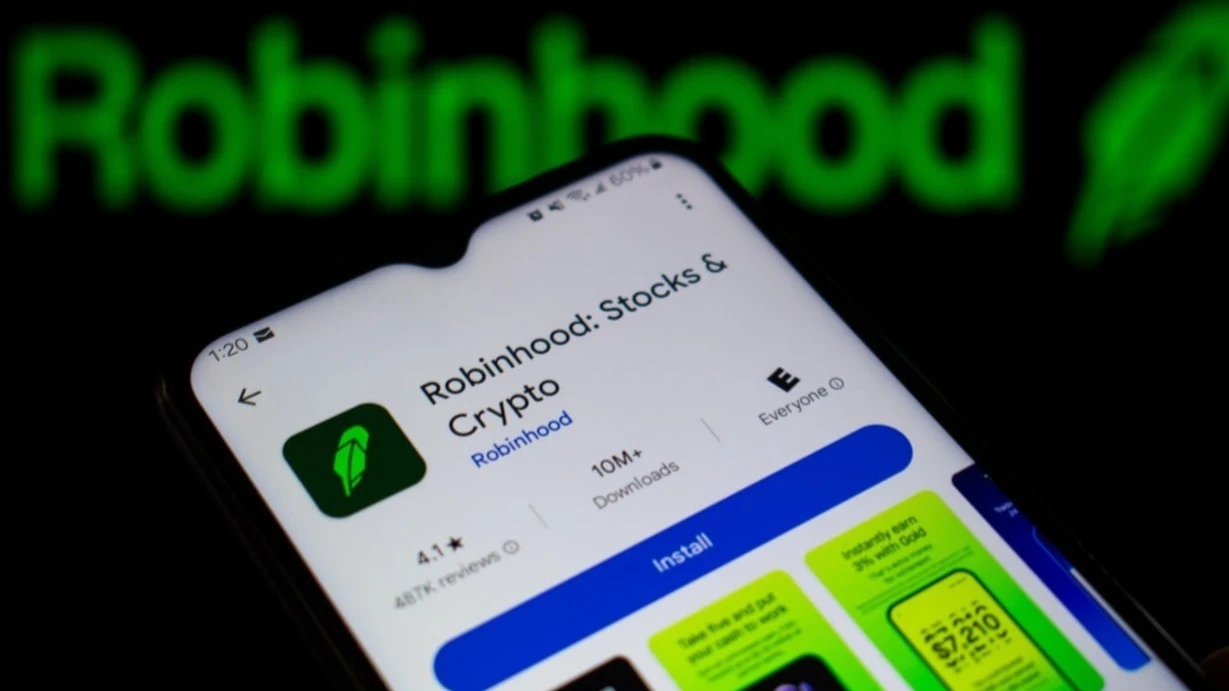Robinhood didn't make it into the S&P500 against expectations. What can this teach investors?
Stocks that have the potential to be part of the S&P 500 index get most of their gains before the actual announcement is even made

Robinhood trading service did not get into the main American index S&P 500: the hopes of investors who bet on the growth of the company's shares did not come true. But, as statistics shows, it becomes more and more difficult to make money on the growth of shares on the first day after the announcement of the index correction. But there is another way - to competently play on rumors, accounts MarketWatch.
Details
The decision not to include online trading platform Robinhood Markets in the S&P 500 came as a surprise. Last week, Bank of America called Robinhood a "prime candidate" for inclusion in the index, citing the service's growing market capitalization and the trading dynamics of its shares: the securities are now worth 93% more than they were at the beginning of 2025. On Friday, June 6 - the day the S&P 500 was expected to adjust - the stock ended trading at $74.88, the highest closing price for the securities since the IPO, which went as far back as June 2021.
Because S&P Dow Jones did not add Robinhood to the S&P 500 (or indeed change the index in any way during its quarterly rebalancing process), Robinhood shares plummeted nearly 7% in the premarket on the next trading day - Monday, June 9, reported Barrons. However, the market quickly realized its overreaction: stocks recovered somewhat, though they ended the day down 2%, reported MarketWatch.
Despite the short-term frustration of some traders, adding to the S&P 500 now isn't necessarily having the effect on the stock price that they had hoped for - and that used to actually happen, MarketWatch writes.
What was it like before? Researchers explain
The average increase in the price of a stock on the day it is announced to be included in a stock index is now much smaller than it was back in the 1990s, for example, Harvard Business School professors Marco Sammon and Robin Greenwood found, according to their study, published in April.
Sammon and Greenwood analyzed all companies added to the S&P 500 Index between 1980 and 2020. According to their data, in the 1990s, the average increase in a stock's price on the first day after its inclusion in the index was announced was as high as 7.4 percent, but in the 2010s, the impact dropped to just 0.8 percent. The professors called this phenomenon the "vanishing index effect."
How can you still make money from it? Robinhood case study
If a stock doesn't rise after an index adjustment announcement, it's worth taking a closer look at its performance before it. Robinhood shares significantly outperformed the market in the weeks before the S&P 500 adjustment date. The stock was up 53.8% in the month through June 6, while the S&P 500 added only 7.2%, MarketWatch writes. In his view, it's a classic case where it was worth "buying on rumors, selling on news."
If an investor wants to try to capitalize on the index adjustments next time around, he or she should consider selling stocks seeking inclusion right before the date the adjustments are announced, rather than after, MarketWatch said. Even if the company does get added, the investor will only miss out on a small addition to the price appreciation, the publication noted.
Plus, by selling before the announcement, you can avoid the inevitable pullback that will occur if the company is not added. That's exactly what happened with Robinhood shares, MarketWatch added.
